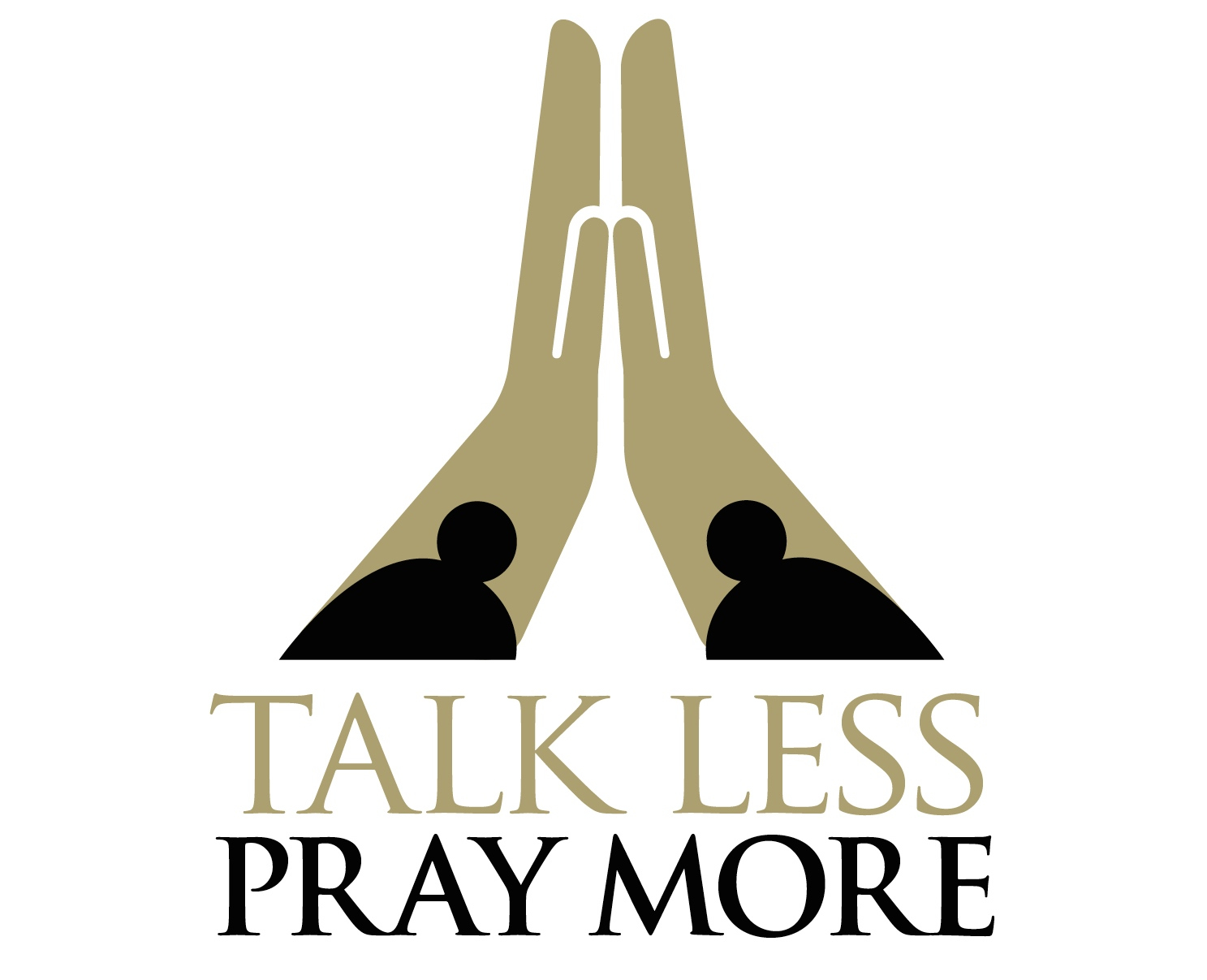“Father, forgive them for they do not know what they are doing.” Luke 23:34
Nothing expresses the prayer life of Jesus more succinctly and accurately than this passage of Scripture. Within the space of a dozen words, Jesus called out to The Father, not for vengeance upon His executioners, but for the forgiveness of them. What a Savior.
This statement is amazing, but it should not be surprising. In the Constitution of The Kingdom, outlined in The Sermon on The Mount, Jesus had said to His followers, “Pray for those who persecute you.” (Matthew 5:44) It is easier to say it, than to pray it. Can I get a witness?
Note to Self: Being called upon to pray for people who have done their best to do their worst to you, holds a not so hidden warning for you. People who need to be forgiven by you have wronged you. You are not mistaken. You are not being judgmental or paranoid. There are people in the world who have hurt you, and they intend to hurt you some more. Pray for them anyway. When you let go of the offense. They are not getting away with it. You have just transferred their case to another court.
To forgive someone is sometimes described as letting go of an offense immediately, rather than holding onto it for eternity. Those who have difficulty with the concept of forgiveness are often held up on the apparent injustice of letting someone get away with something that they did wrong. Letting go of an offense is not a matter of letting someone get away with an offense. It is the transferring of the offense and the offender over to another judge’s jurisdiction.
Forgiveness is so much more than just letting go. Jesus prayed to The Father, and interceded for the forgiveness of His offenders. He pleaded for them, and left them in His Father’s hands. Then He went to The Cross and died for them. His intercession for His enemies led to His crucifixion. Letting go of His case against His executioners led Jesus to take up His cross, on their behalf. His followers will do the same for their enemies.
Forgiveness involves letting go of the offense, by interceding for the offender. Praying for those who have wronged us is more than a pious devotional exercise. It involves developing a well-worn path to The Cross, and a daily dying to one’s own personal rights and preferences.
Forgiveness is a powerful concept, but it does not become a life-changing experience until it has been delivered to those who need it the most. Conceiving of the idea of forgiveness is a poor substitute for placing it as a gift in the hands of an enemy. Jesus did not expect forgiveness to be delivered, from the hands and hearts of prayerless disciples. The unforgiven need forgiveness the most, but will never receive it from the prayerless.
Expecting forgiveness to be delivered from prayerless people is like expecting sweet fruit from a rootless tree. The fruit of forgiveness doesn’t fall far from the root of the tree grounded in love.
“You have heard that is was said, “YOU SHALL LOVE YOUR NEIGHBOR and hate your enemy.’ But I say to you, “Love your enemies and pray for those who persecute you.’ “ Matthew 5:43-44
Jesus taught differently than the respected rabbis of His day. They fell back on the oral tradition that was grounded in The Law. Jesus played against their tendency to trust tradition and miss the truth. He stated over and over again to the people, “You have heard”…”But I say to you.” There was a new sheriff in town, and Jesus was not only going to uphold The Law. He was going to fulfill it. “Jesus Paid it All,” indeed.
Jesus prayed, during the chaos and confusion of the crucifixion, “Father, forgive them for they know not what they do.” His powerful words, pouring out from His hurting heart, to The Father, on behalf of those intent upon hurting Him remain the industry standard for Christian compassion. Thank you, Jesus.
English jurisprudence holds, “Ignorance of the law is no defense.” Jesus did not excuse or explain away the ignorance of those who were intent on killing Him. He interceded for His killers, in spite of their ignorance. Jesus didn’t use their ignorance as a fine point of His case against them in the court of law. He prayed for His killers in The Father’s court of love, let them go, and left their fate in His Father’s hands. Then He gave His life to take their place on The Cross for their sins.
Praying for those who persecute them identifies a follower of Jesus with The Cross, and the prayer life of Jesus. Prayer conformed the will of Jesus to the will of The Father. His followers must not settle for anything less, and can offer their enemies nothing more.
Pray for your enemies to fall into the hands of The Father. Dying to self keeps you from taking it on yourself to punish your enemies for what they have done to you. When you let go of their offense, your enemies are not getting away with anything. You are leaving them in The Father’s hands to receive His direction, and correction.
Don’t panic in the face of persecution. Pray for people who are the source of it, when you are the recipient of it. Praying for them, in the name of Jesus, will see you through it, and develop you into a conduit for The Father’s love to The Unforgiven. TALK LESS! PRAY MORE!
